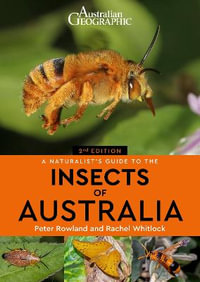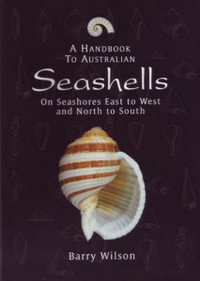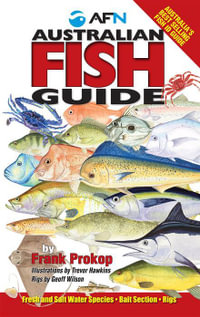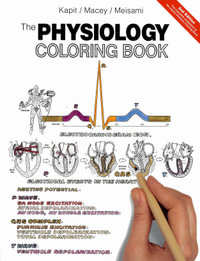Opossums are the most diverse and ecologically important group of New World marsupials, although only the Virginia opossum is familiar to North American residents. In fact, many species of opossums are found in Neotropical rainforests, savannas, and other habitats, where they are key participants in food webs and other ecological relationships. One species, the short-tail opossum (Monodelphis domestica), has recently become a model organism for biomedical researchers. Eclipsed in the public imagination by their Australian relatives, opossums remained for many years a somewhat obscure group, of interest primarily to taxonomists and students of mammalian reproduction. While thousands of scientific articles have appeared in recent years on opossum systematics, morphology, behavior, physiology, genetics, and ecology, this important but widely scattered literature has never been effectively summarized-until now.
In
Opossums, the first book-length treatment of these fascinating organisms, recognized authorities Robert S. Voss and Sharon A. Jansa synthesize a wide range of available information about the diversity, comparative biology, and natural history of the opossum. Peering into every biological facet of the lives of these long-neglected mammals, the volume includes
- introductory chapters explaining the paleontological and biogeographic context for opossum evolution
- an overview of the extant fauna, which includes over 100 species in 18 genera
- a section devoted to opossum phenotypes: morphology, physiology, and behavior
- detailed information on opossum natural history, including habitats, diets, predators, and parasites
- in-depth and novel interpretations of opossums' adaptive radiation in a phylogenetic context
Intended for undergraduate biology majors, graduate students, and research professionals, this coherent and original portrait of opossums will be of particular interest to mammalogists, evolutionary biologists, and Neotropical field biologists as well as biomedical researchers working with Monodelphis domestica as a model organism.
About the Authors
Robert S. Voss is a curator of mammals at the American Museum of Natural History and an adjunct professor at the Graduate Center of the City University of New York.
Sharon A. Jansa is a curator of mammals at the Bell Museum and a professor of ecology, evolution, and behavior at the University of Minnesota.
























